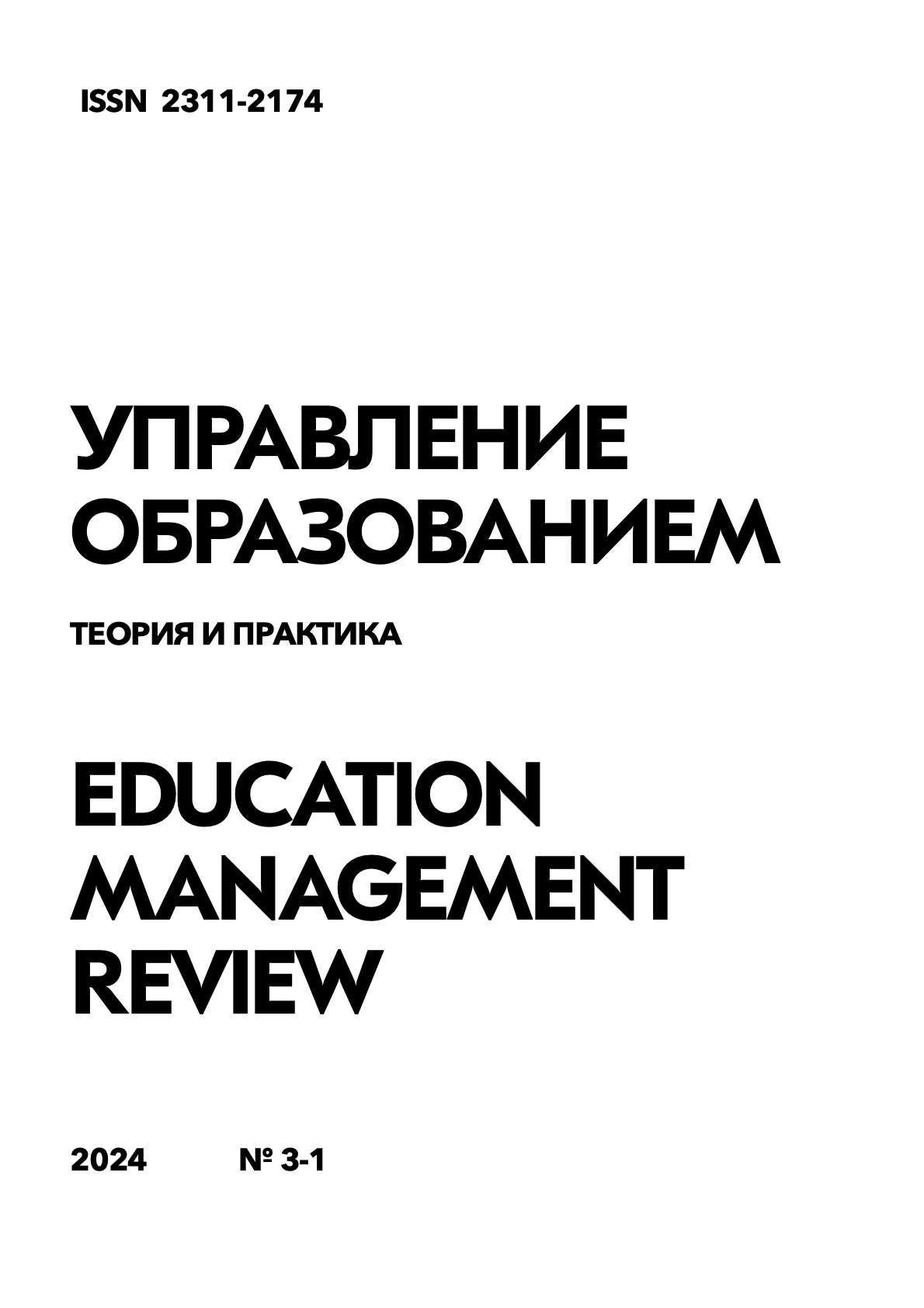Features of professional training of students of the faculties of physical culture and sports of distance learning
DOI:
https://doi.org/10.25726/c3397-2899-4088-oKeywords:
professional training, physical education, physical education specialist, students, bachelor's degree, form of educationAbstract
This article is devoted to the analysis of the content of professional activity and the structure of professional competence of a teacher in physical education and sports. The features of the organization of professional training for physical education and sports teachers are considered. The organizational and methodological features of the correspondence form of education and the prospects for its development are revealed. The results of a survey of the teaching staff and students of the full-time and part-time departments of the Institute of Physical Culture and Sports are presented. During the study, examination sheets for core academic disciplines and types of work were analyzed, which made it possible to conduct a comparative analysis of the training of graduate students of the Institute of Physical Culture and Sports of Tomsk State Pedagogical University (IFKS TSPU) in full-time and part-time forms of study. Practical recommendations have been developed for improving the professional training of students of faculties (institutes) of physical culture and sports in correspondence courses, studying in undergraduate programs, which take into account the identified features of professional training and can be introduced into the educational process of faculties (institutes) of physical culture and sports, which will eliminate shortcomings (“gaps”) in the professional preparedness of part-time students. For the correct formation of the list of professional competencies that should be formed by a student during his studies at the university, the authors analyzed the structure and main content of professional activity.
References
Бурдова Е.В., Галимзянова А.Р., Иванова А.А. Проблемы и пути решения внедрения федерального образовательного стандарта третьего поколения для заочной формы обучения // Cyberleninka. 2013. С. 205-208.
Волошина О.Б. Формирование заочного педагогического образования и его влияние на подготовку кадров // Cyberleninka. 2012. С. 1-4.
Деркач А.А., Исаев А.А. Творчество тренера. Предисл. Я.А. Пономарева, В.П. Филина, С.М. Вайцеховского. М.: Физкультура и спорт, 1982. 239 с.
Железняк Ю.Д., Минбулатов В.М. Теория и методика обучения предмету «Физическая куль-тура»: Учеб. пособие для студ. высш. пед. учеб. Заведений. М.: Издательский центр «Академия», 2004. 272 с.
Кралевич И.Н., Ковальчук И.Н., Иваненко Л.А. Заочная форма обучения: от количества – к качеству // Cyberleninka. 2016. С. 1-5.
Малькова Т.В. К вопросу об эволюции системы заочного обучения в Российской Федерации в контексте задач развития открытого образования: исторический опыт 1980-2000-х годов // Cyberleninka. 2010. С. 1-9.
Паначев В.Д. Черных В.Ю. Заочное обучение в свете социологии образования // Cyberleninka. 2013. С. 76-78.
Петунин О.В. Теоретические основы подготовки студентов к профессиональной деятельности учителя физической культуры. Диссертация на соискание ученой степени доктора наук. Воронеж, 1994. 260 с.
Пилоян Р.А. Деятельностный подход при подготовке специалистов в сфере физической культуры // Теория и практика физической культуры, 1996. № 8. С. 5-9.
Платонов В.Н., Долгов А.Я. К вопросу о совершенствовании профессионального образования на факультетах физической культуры // Проблемы повышения качества подготовки преподавателя физической культуры (тезисы докладов межвузовской научно-практической конференции, посвященной 30-летию основания факультета физической культуры), Барнаул, 1995 с. 21.
Староверова Н.А. Проблемы заочного обучения в сфере профессионального образования // Cyberleninka. 2012. С. 237-239.
Холодов Ж.К., Кузнецов B.C. Теория и методика физического воспитания и спорта: Учеб. пособие для студ. высш. учеб. заведений. М.: Издательский центр «Академия», 2000. 480 с.

